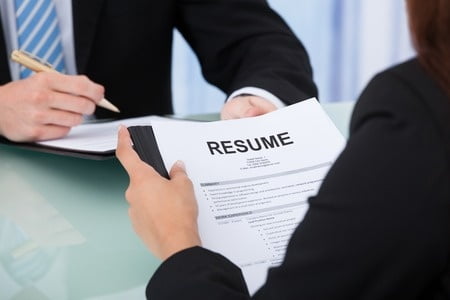Everyone has heard about the resume, this mystical piece of paper, on which it depends whether you will get an interview at all, not to mention a real job. So, what do you do when it’s time to write? Well, most people start with a template they got online. And honestly, it’s not a bad place to start. But this is just the beginning, not the finished product. When writing a resume, consider the following tips for composing:
Spelling:
Simple, isn’t it? Everyone has a spell check. Have you ever been a victim of auto-correction or intelligent text input? Would you like a future employer to see this? Look at it from the employer’s point of view. Would you hire someone who clearly didn’t bother to double-check what was sent to you? How do you think they will react to such a situation after being negligent with a statement?
Confident, not boastful:
this is the hardest part of writing a resume. You want to look good, but you don’t want to seem presumptuous. Stick to the facts about what you’ve done and be honest about your involvement in work-related projects and the like.
Adapt your resume to work:
many people have had many jobs during their lifetime, but when you apply for a new job, not ALL of your workbooks matter. For example, if you are applying for a teacher position, then your landscape design work probably doesn’t matter much. Give up landscape design to focus on more jobs that are more relevant to education (exception: if you ONLY HAVE a landscape design job as your other job, then obviously include it). This means that for EACH vacancy you apply for, there must be a separate and unique resume adapted for each vacancy.










